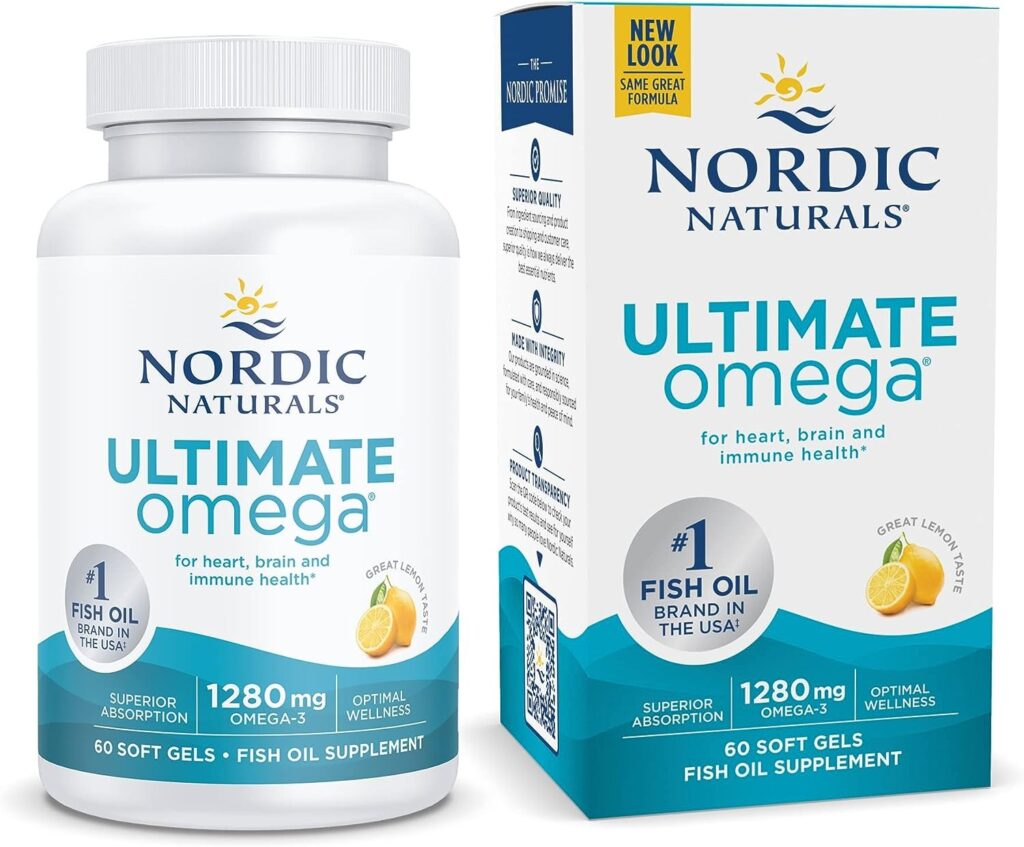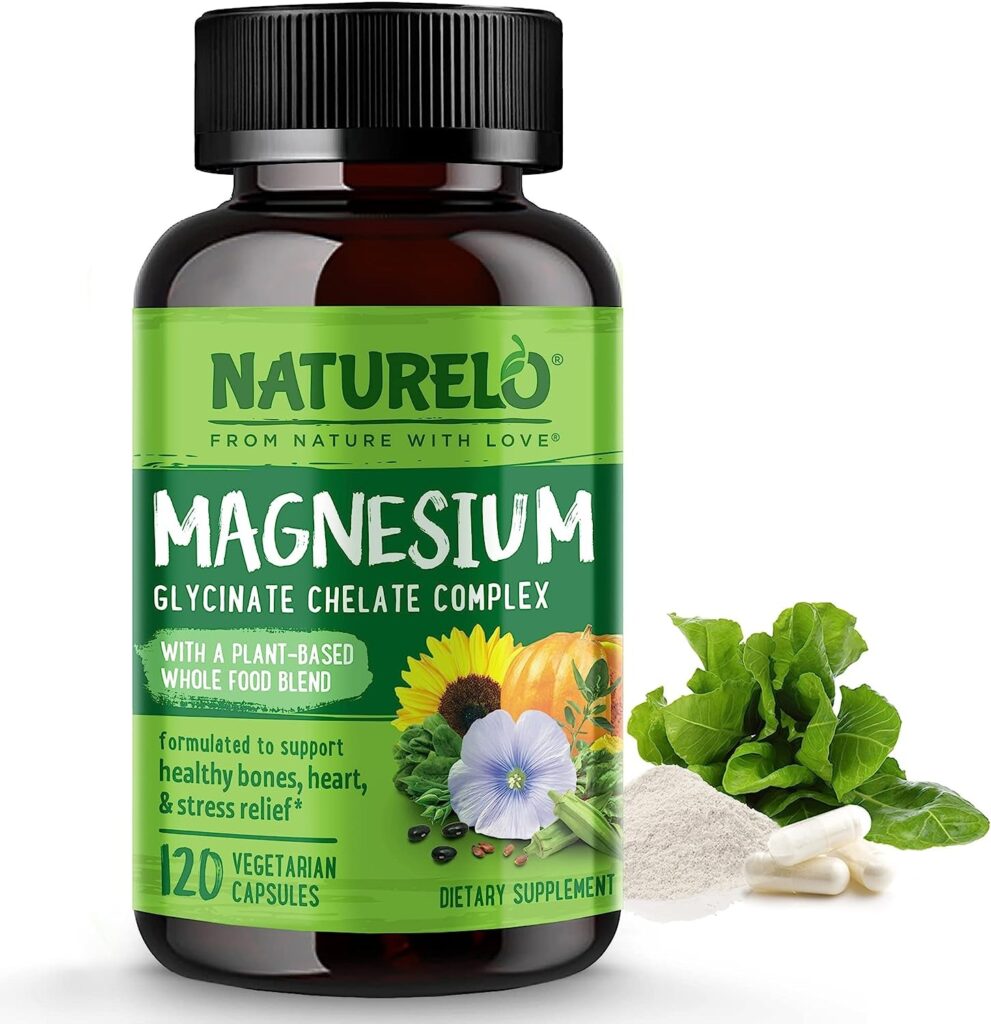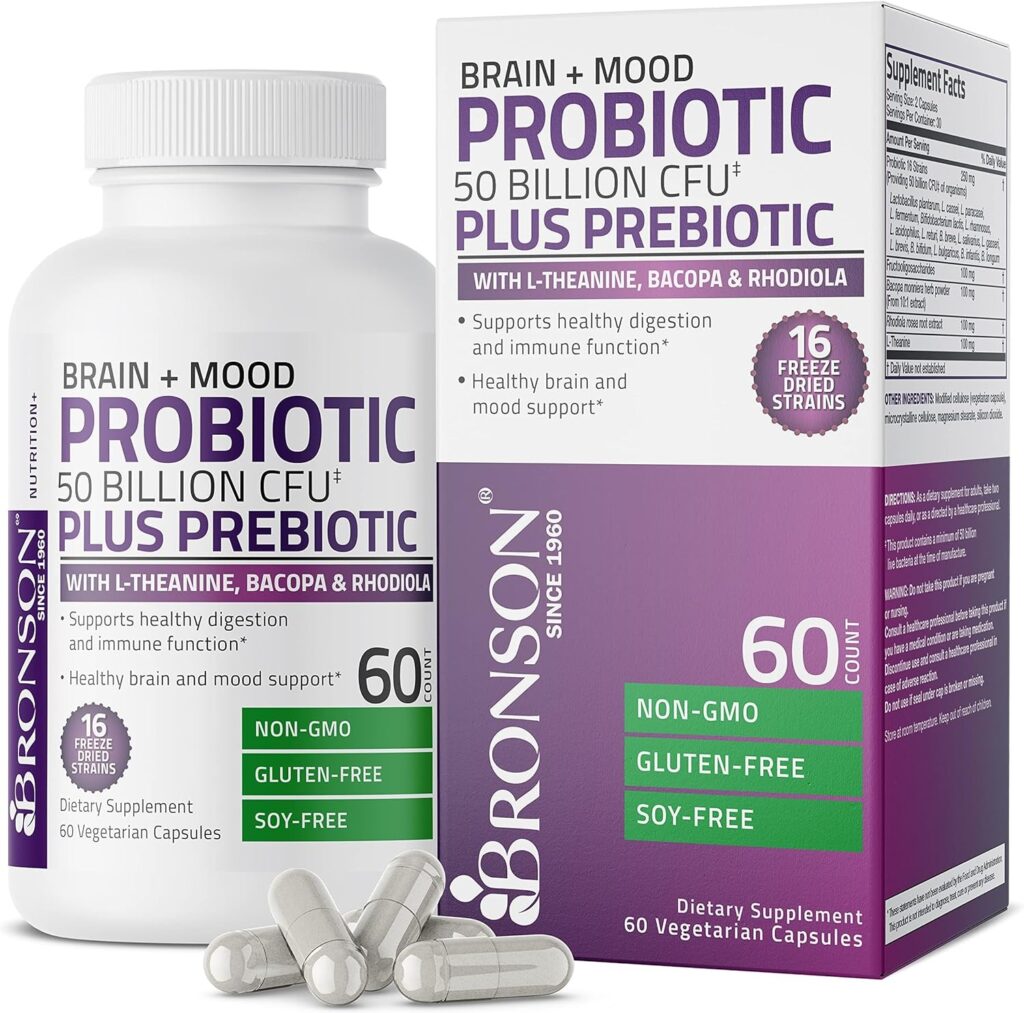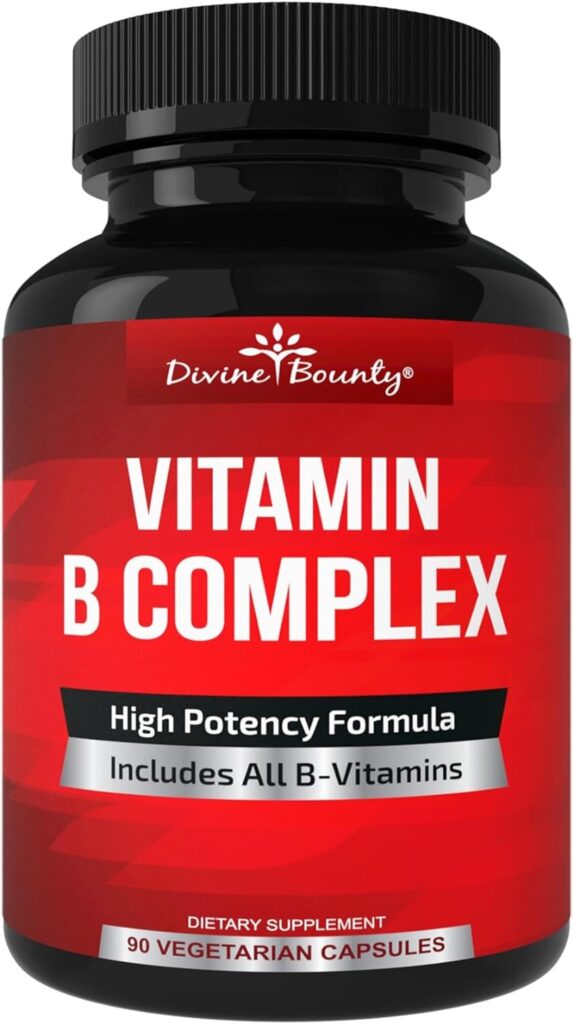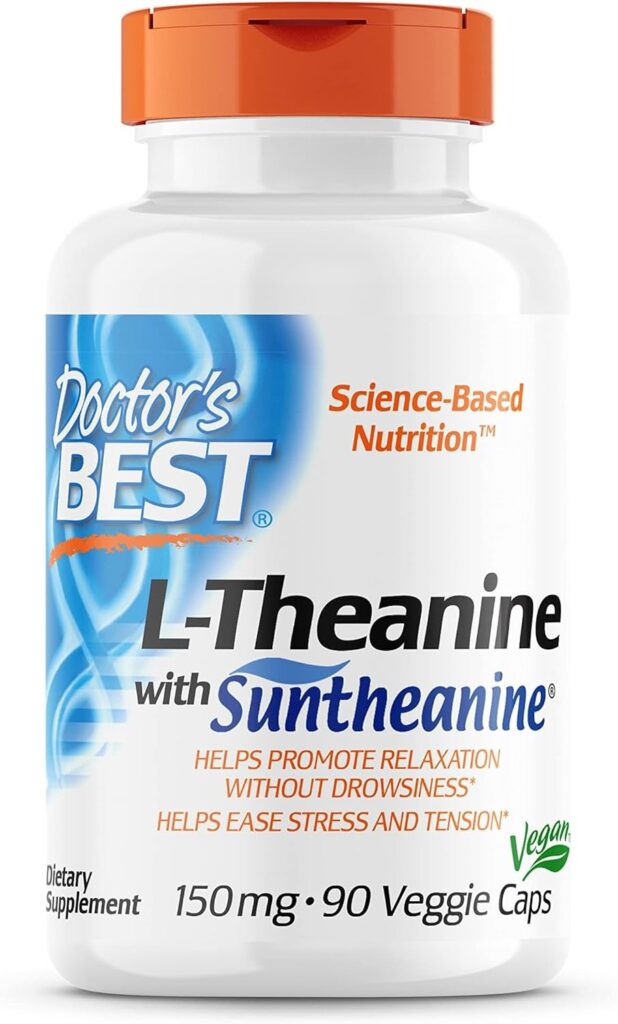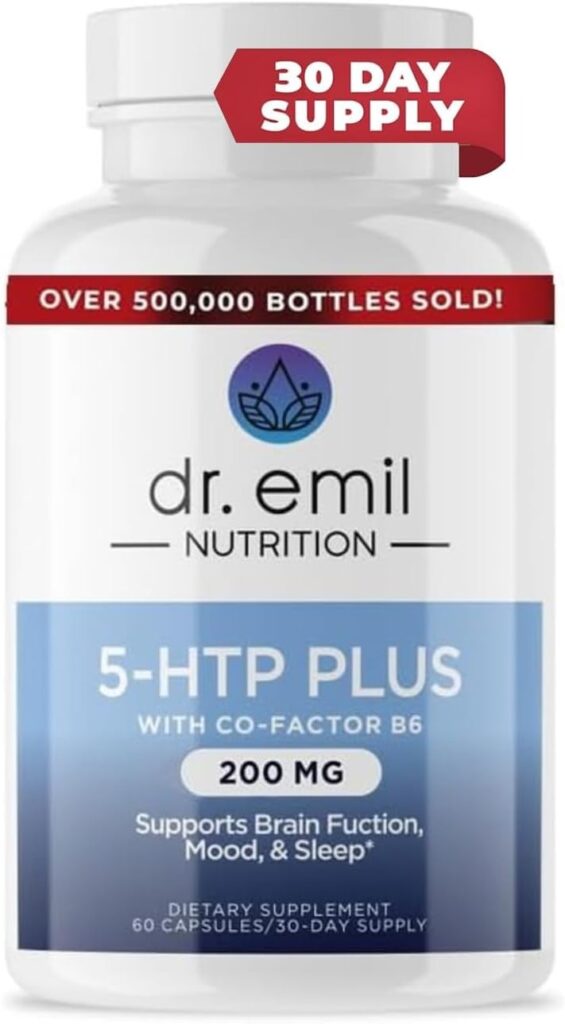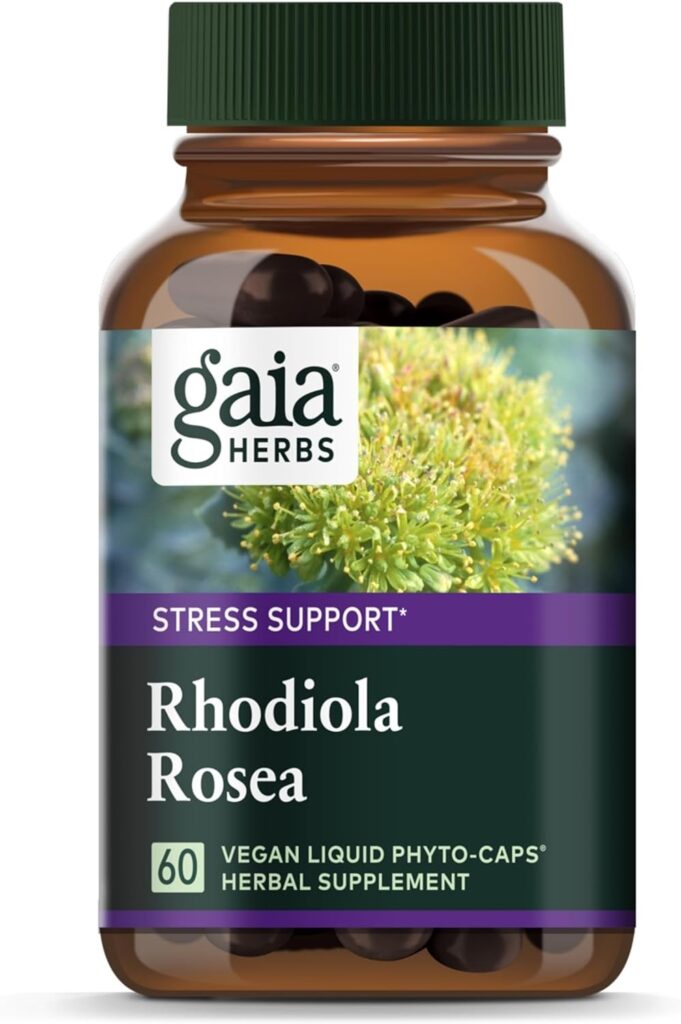10 best supplements for depression and anxiety
10 best supplements for depression and anxiety
Human health is very important for everyone. Our whole body is dependent on our mind. Mental health is very important for our whole body. In our daily life, we face some challenges or issues that may cause depression or anxiety. Depression and anxiety are nowadays very big issues; almost 8 out of 10 adults experience symptoms of these mental health conditions at some point in their lives.
To avoid this disease daily exercise is very important for everyone. Regular physical activity can help improve mood, reduce stress, and boost overall mental health, making it a key part of maintaining emotional well-being.
However, here are some supplements and vitamins that can help prevent these conditions. Adding these to your daily routine can support mental health and reduce symptoms of depression and anxiety.

1. Omega-3 Fatty Acids
Omega-3 fatty acids, found in fish oil, are important for brain health. They can help reduce symptoms of depression and anxiety by decreasing inflammation and supporting brain function.
Benefits of Omega-3 Fatty Acids
- Reduces Inflammation: Omega-3 fatty acids help decrease inflammation in the body, which is linked to various mental health issues, including depression and anxiety.
- Supports Brain Function: These healthy fats are essential for maintaining brain health. They help build cell membranes in the brain and support communication between brain cells.
- Improves Mood: Omega-3s can enhance mood and emotional regulation by influencing neurotransmitter function. They are involved in the production and functioning of serotonin, a key neurotransmitter in mood regulation.
- Reduces Symptoms of Depression and Anxiety: Numerous studies have shown that omega-3 supplements can reduce symptoms of depression and anxiety. They are particularly effective when combined with other treatments.
Why We Recommend Omega-3 Fatty Acids
We recommend omega-3 fatty acids because they are a natural and effective way to support mental health. It gives your many benfits just like reduce inflammation to supporting brain function and improving mood. Add omega-3s to your diet by eating fatty fish or taking supplements which helps to manage and reduce depression and anxiety.
Sources of Omega-3 Fatty Acids
- Fatty Fish:
- Salmon
- Mackerel
- Sardines
- Trout
- Tuna
- Fish Oil Supplements:
- Capsules
- Liquid fish oil
- Plant-Based Sources:
- Flaxseeds and flaxseed oil
- Chia seeds
- Walnuts
- Hemp seeds
- Algal Oil:
- A plant-based supplement derived from algae, suitable for vegetarians and vegans.
- Fortified Foods:
- Certain brands of eggs, milk, and yogurt are fortified with omega-3s.
2. Magnesium
Magnesium is a mineral that helps with many body functions, including brain health. It can help with anxiety and depression by supporting the brain’s chemical processes and reducing depression.
Benefits of Magnesium
- Supports Brain Function: Magnesium plays a critical role in neurotransmitter function and synaptic plasticity, which are essential for cognitive health and emotional regulation.
- Reduces Anxiety: Magnesium helps to modulate the body’s stress-response system, reducing the release of stress hormones like cortisol and promoting a sense of calm.
- Improves Sleep: Adequate magnesium levels can improve sleep quality by regulating neurotransmitters that promote relaxation and reduce insomnia, which is often associated with anxiety and depression.
- Balances Mood: Magnesium is involved in the regulation of serotonin, a neurotransmitter that significantly affects mood and is often targeted in depression treatments.
- Reduces Inflammation: Magnesium has anti-inflammatory properties that help reduce systemic inflammation, which has been linked to depression and other mental health issues.
Why We Recommend Magnesium
We recommend magnesium because it is vital for numerous bodily functions, particularly those related to mental health. Its ability to support brain function, reduce anxiety, improve sleep, balance mood, and decrease inflammation makes it a valuable supplement for managing and preventing depression and anxiety. Including magnesium-rich foods in your diet or taking a supplement can provide these benefits.
Sources of Magnesium
- Dark Leafy Greens:
- Spinach
- Kale
- Swiss chard
- Nuts and Seeds:
- Almonds
- Cashews
- Pumpkin seeds
- Sunflower seeds
- Whole Grains:
- Brown rice
- Quinoa
- Oats
- Whole wheat
- Legumes:
- Black beans
- Chickpeas
- Lentils
- Fruits:
- Bananas
- Avocados
- Figs
- Fish:
- Mackerel
- Salmon
- Halibut
- Dark Chocolate:
- Opt for varieties with high cocoa content for the best magnesium benefits.
- Magnesium Supplements:
- Available in various forms such as magnesium citrate, magnesium oxide, and magnesium glycinate.
3. Probiotics
Good health is important for mental health. The gut and brain are connected, and a healthy gut can improve mood. Probiotics makes you healthy and fresh your mind which can reduce symptoms of depression and anxiety.
Benefits of Probiotics
- Improves Gut Health: Probiotics help maintain a healthy balance of gut bacteria, which is crucial for digestive health and overall well-being.
- Enhances Mood: A healthy gut can positively influence brain function and mood through the gut-brain axis, a communication network linking the gut and brain.
- Reduces Inflammation: Probiotics can reduce inflammation in the gut, which is often linked to mental health issues such as depression and anxiety.
- Boosts Serotonin Production: The gut produces a significant amount of serotonin, a neurotransmitter that regulates mood. Probiotics can help increase serotonin levels, improving mood and reducing symptoms of depression.
- Strengthens Immune System: A healthy gut can boost the immune system, making the body more resilient to stress and illness, which can indirectly benefit mental health.
Why We Recommend Probiotics
We recommend probiotics because they play an important role in maintaining health, which is directly linked to mental health through the gut-brain axis. Probiotics promote intestinal health, lessen anxiety and depressive symptoms, elevate mood, and enhance general wellbeing. Probiotics are a natural method to support mental health by including them in your diet
Sources of Probiotics
- Yogurt:
- Look for yogurt with live and active cultures.
- Kefir:
- A fermented milk drink packed with probiotics.
- Sauerkraut:
- Fermented cabbage that is rich in probiotics.
- Kimchi:
- A traditional Korean dish made from fermented vegetables.
- Miso:
- A Japanese seasoning made from fermented soybeans.
- Tempeh:
- A fermented soybean product that is a good source of probiotics.
- Pickles:
- Fermented pickles (not vinegar-pickled) contain probiotics.
- Kombucha:
- A fermented tea that is rich in probiotics.
- Probiotic Supplements:
- Available in various forms such as capsules, tablets, and powders.
4. B Vitamins
B vitamins, especially B6, B9 (folate), and B12, are important for brain health. They help produce chemicals in the brain that fresh your mood. Low levels of B vitamins can lead to depression and anxiety.
Benefits of B Vitamins
- Supports Brain Health: B vitamins are crucial for maintaining overall brain function. They help in the formation of neurotransmitters, which are essential for mood regulation.
- Enhances Energy Levels: B vitamins play a significant role in converting food into energy. Higher energy levels can improve mood and reduce feelings of fatigue often associated with depression.
- Improves Mood: Vitamins B6, B9 (folate), and B12 help produce serotonin, dopamine, and other neurotransmitters that regulate mood. Adequate levels of these vitamins can help maintain a balanced mood.
- Reduces Homocysteine Levels: High levels of homocysteine, an amino acid, are linked to brain atrophy and increased risk of depression. B vitamins help reduce homocysteine levels, protecting brain health.
- Supports Nervous System: B vitamins are essential for the proper functioning of the nervous system. They help maintain healthy nerve cells and produce the myelin sheath, which protects nerves.
Why We Recommend B Vitamins
We recommend B vitamins because they are important for brain health and mood. They play important role in producing neurotransmitters and maintaining the nervous system, which can help prevent and manage symptoms of depression and anxiety.
Sources of B Vitamins
- Vitamin B6:
- Sources: Poultry, fish, potatoes, chickpeas, bananas, and fortified cereals.
- Vitamin B9 (Folate):
- Sources: Leafy greens (spinach, kale), legumes (beans, lentils), asparagus, avocados, and fortified grains.
- Vitamin B12:
- Sources: Meat, fish, dairy products (milk, cheese, yogurt), eggs, and fortified plant-based milks and cereals.
- Other B Vitamins:
- B1 (Thiamine): Whole grains, pork, sunflower seeds.
- B2 (Riboflavin): Eggs, lean meats, milk, green vegetables.
- B3 (Niacin): Chicken, turkey, peanuts, mushrooms.
- B5 (Pantothenic Acid): Beef, chicken liver, sunflower seeds, mushrooms.
- B7 (Biotin): Eggs, almonds, spinach, sweet potatoes.
- B Vitamin Supplements:
- Available as individual supplements (e.g., B12, folic acid) or as B-complex supplements containing a combination of B vitamins.
5. Ashwagandha
Ashwagandha is an herb which is used in traditional medicine to help the body manage stress. It can lower stress hormones and balance brain chemicals, reducing anxiety and depression.
Benefits:
- Reduces Stress and Anxiety: Ashwagandha lowers cortisol levels, the body’s primary stress hormone, helping to reduce anxiety.
- Improves Mood: By balancing brain chemicals, it can help improve overall mood and reduce symptoms of depression.
- Enhances Cognitive Function: It supports brain health and may improve memory and cognitive function.
- Boosts Energy Levels: Ashwagandha can increase stamina and reduce feelings of fatigue.
Why We Recommend This:
Ashwagandha is recommended because of its adaptogenic properties, meaning it helps the body adapt to stress. Its ability to lower stress hormones and balance brain chemicals makes it a valuable supplement for managing anxiety and depression naturally.
Sources:
- Ashwagandha Root Powder:
- Can be mixed into smoothies, teas, or other beverages.
- Capsules/Tablets:
- Standardized extracts available in pill form.
- Liquid Extracts:
- Concentrated ashwagandha extract in liquid form, can be added to drinks.
- Ashwagandha Tea:
- Teabags or loose leaf ashwagandha available for brewing.
6. St. John’s Wort
St. John’s Wort is a plant that has been used to treat depression. It works by increasing the levels of mood-regulating chemicals in the brain. However, it can interact with other medications, so it’s important to use it under a doctor’s supervision.
Benefits:
- Treats Depression: St. John’s Wort increases the levels of mood-regulating chemicals like serotonin, dopamine, and norepinephrine in the brain.
- Reduces Anxiety: It can help alleviate symptoms of anxiety by promoting a sense of well-being.
- Improves Sleep: By reducing anxiety and depressive symptoms, it can also help improve sleep quality.
Why We Recommend This:
We recommend St. John’s Wort for its well-documented antidepressant properties. However, due to its potential interactions with other medications, it should be used under medical supervision.
Sources:
- Dried Herb:
- Can be used to make tea or infusions.
- Capsules/Tablets:
- Standardized doses available in pill form.
- Liquid Extracts/Tinctures:
- Concentrated liquid extracts that can be added to water or juice.
- Topical Creams/Oils:
- Used for mild skin conditions but also available in forms for internal use.
7. L-Theanine
L-Theanine is an amino acid found in tea leaves. It provides relaxation and helps reduce anxiety without making you sleepy. It also improves focus and mental clarity.
Benefits:
- Promotes Relaxation: L-Theanine induces relaxation without causing drowsiness, making it ideal for reducing anxiety.
- Improves Focus and Mental Clarity: It enhances alpha brain waves, which are associated with a relaxed but alert mental state.
- Enhances Sleep Quality: By reducing stress and anxiety, it can improve the quality of sleep.
Why We Recommend This:
L-Theanine is recommended for its ability to promote relaxation and reduce anxiety without causing drowsiness. It also supports better focus and mental clarity, making it useful for managing anxiety and stress.
8. 5-HTP (5-Hydroxytryptophan)
5-HTP is a compound that the body uses to make serotonin, a brain chemical that affects mood. Taking 5-HTP supplements can increase serotonin levels and help relieve depression and anxiety.
Benefits:
- Increases Serotonin Levels: 5-HTP boosts the production of serotonin, a key neurotransmitter that regulates mood.
- Reduces Symptoms of Depression: By increasing serotonin, it can help alleviate depressive symptoms.
- Reduces Anxiety: Higher serotonin levels can also help reduce anxiety and promote a sense of calm.
- Improves Sleep: 5-HTP can help regulate sleep patterns by increasing melatonin production.
Why We Recommend This:
5-HTP is recommended because it directly influences serotonin production, which is crucial for mood regulation. Its ability to improve mood, reduce anxiety, and enhance sleep makes it a valuable supplement for mental health.
9. Rhodiola Rosea
Rhodiola Rosea is a plant that helps the body handle stress. It can reduce symptoms of anxiety and depression by balancing brain chemicals and lowering stress hormones.
Benefits:
- Reduces Stress: Rhodiola Rosea helps the body adapt to stress by balancing stress hormones.
- Improves Mood: It enhances the production of mood-regulating neurotransmitters, reducing symptoms of depression and anxiety.
- Boosts Energy and Stamina: Rhodiola can increase physical and mental performance, reducing fatigue.
- Enhances Cognitive Function: It supports brain health and may improve focus and cognitive function.
Why We Recommend This:
Rhodiola Rosea is recommended for its adaptogenic properties, which help the body manage stress more effectively. Its ability to balance brain chemicals, reduce anxiety and depression, and boost energy levels makes it an excellent natural supplement for mental health support.
Sources:
- Rhodiola Root Powder:
- Can be mixed into smoothies, teas, or other beverages.
- Capsules/Tablets:
- Standardized extracts available in pill form.
- Liquid Extracts/Tinctures:
- Concentrated liquid extracts that can be added to water or juice.
- Rhodiola Tea:
- Teabags or loose root available for brewing.
10. GABA (Gamma-Aminobutyric Acid)
GABA, or Gamma-Aminobutyric Acid, is a naturally occurring neurotransmitter in the brain. It is one of the primary inhibitory neurotransmitters, meaning it plays a crucial role in reducing neuronal excitability throughout the nervous system.
Benefits:
- Reduces Anxiety: GABA is a neurotransmitter that promotes relaxation and helps reduce anxiety.
- Improves Sleep: It aids in achieving restful sleep by calming the nervous system.
- Enhances Mood: By inhibiting neural activity, GABA can help stabilize mood and reduce stress.
Why We Recommend This:
GABA supplements are recommended for their ability to naturally calm the nervous system, making them effective in reducing anxiety and promoting better sleep, which are crucial for mental health.
